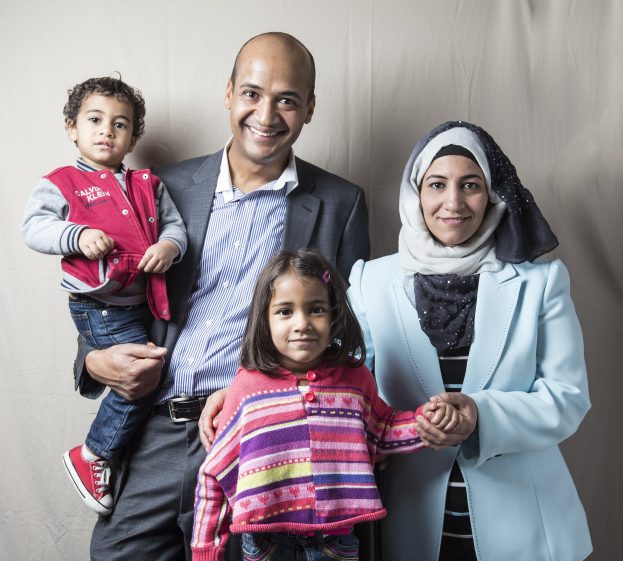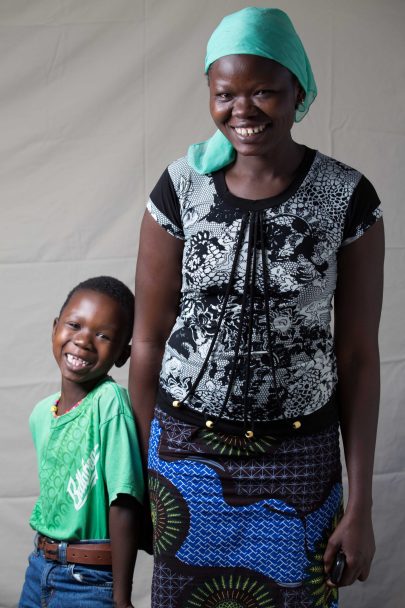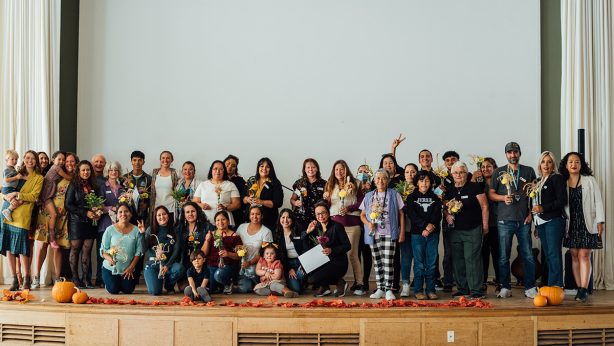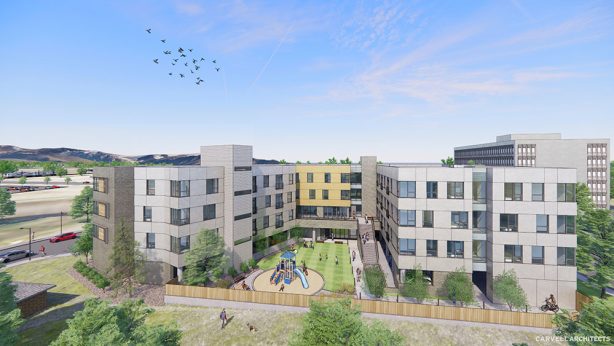Lutheran Family Services Shares the Reality Behind a Refugee’s Journey to the United States
“If I am not for myself, who will be for me? If I am not for others what am I? And if not now, when?” – Rabbi Hillel
Dear ULC partners, this quote from over 2,000 years ago lives true to the work we do today and the need for us to stand together, to act now, in supporting our partners and clients during these very challenging times that threaten to divide us. Most specifically the recent executive order that suspended worldwide refugee entry into the United States for 120 days, along with the banning of citizens from Iran, Iraq, Libya, Somalia, Sudan, Syria and Yemen (including Visa holders) from entering our country for at least 90 days created fear and chaos for many of us. The federal courts response last Thursday, February 9, to overturn the executive order gives us a moment to celebrate, but how do we better support the refugee community going forward?
Over the last week ULC’s Alana Romans has been working with Jaime Kohler Blanchard of Lutheran Family Services Rocky Mountains, a partner of ours at the Mountain View Nonprofit Tower, to help explain the challenges refugees are facing.
According to the United Nations High Commissioner of Refugees (UNHCR), there were an estimated 19.5 million refugees worldwide in 2014. In 2017, the United States will accept only 50,000 of these refugees (down from the 110,000 that was originally planned). While it can be argued that this number makes at least a small impact, aiding just 0.25 percent of refugees find safety after fleeing their homes due to fear of conflict or persecution feels marginal at best.

Once these refugees are officially approved through the official US refugee program they are received by a resettlement agency. There are three such agencies in Denver: the African Community Center of Denver, the International Rescue Committee and Lutheran Family Services (LFS). LFS has dedicated their entire Denver office to aid in refugee resettlement. The nonprofit’s 50 employees served over 1,100 new individuals in the 2015-2016 calendar year through the refugee program.
Kohler Blanchard, the Community Programs Supervisor for LFS Rocky Mountains, best explained the challenges refugees face in coming to the US. As Koehler Blanchard described, refugees can only come to the United States through the U.S. Refugee Resettlement Program of the U.S. State Department. Refugees must have left their country (due to fear of racial, ethnic, religious or political persecution) and officially registered with the UNHCR. This typically takes place in a refugee camp. Most refugees that LFS Rocky Mountains serves have lived in refugee camps for over 20 years!
Once a refugee is registered, they go through a thorough and rigorous screening process to ensure they have a bona fide refugee claim, and are truly escaping conflict and/or persecution in their home country. In addition, all refugees undergo a lengthy and comprehensive background check and security screening process, including a fingerprint check, multiple interviews, a health screening and even a retina scan at the airport. This process typically takes a minimum of two years. Once the screening process is complete, resettlement agencies in the U.S. are notified to ensure they have adequate resources to accept the refugees. Thanks to a diverse pool of funding through federal and state dollars, grants and private donations – LFS is able to serve hundreds of refugees who enter the Rocky Mountain Region. They must then pick up new families at the airport, and have an apartment ready for immediate move-in, including donated furniture and household items.

Once a refugee has entered the U.S., they are legal residents and eligible to work in the United States, but must wait one year to apply for a green card. Koehler Blanchard explained that once the official resettlement takes place, LFS provides direct services that include (but are not limited to) case management, health services, employment services, cultural orientation classes, immigration services and citizenship programs. While refugees are eligible for these services for five years, Koehler Blanchard said they are typically self sufficient in less than six months. She explained that it is their desire to start their lives here in America, and immerse themselves back into work and society.
“There is this narrative that refugees are on public assistance, but ours is very much a self-sufficiency program,” Koehler Blanchard said. “We have a very robust employment department, so from day one we are getting people ready to work. And that’s the thing – they want to work.”
With their federal funding expected to take a drastic cut, LFS is working to plan for the future. They have had an overwhelming response from the people wanting to help refugees that they had to stop accepting new volunteer cultural mentors. Denver area residents want to get involved, as the number of attendees at their volunteer orientation last week nearly tripled in size.

Due to uncertainty of funding and the number of new refugee arrivals to the U.S., Koehler Blanchard said that the best way to get involved is through contacting elected officials to express support for refugees and immigrants, or contributing direct financial donations and/or smaller donations (grocery store gift cards, diapers, maxi pads and bedding). For anyone wanting to help, please contact Anna from Lutheran Family Services at anna.lawler@lfsrm.org.
We are fortunate to have Lutheran Family Services as a partner and ask all of you to be vigilant in your work while also helping support their cause.
Aaron Miripol
President & CEO, Urban Land Conservancy




This short educational message is critical to the education of American citizens. Unless we are indigenous to this country, we are certainly then the children of immigrants. What the ULC does to partner with organizations such as Lutheran Family Services is to be commended and imitated.